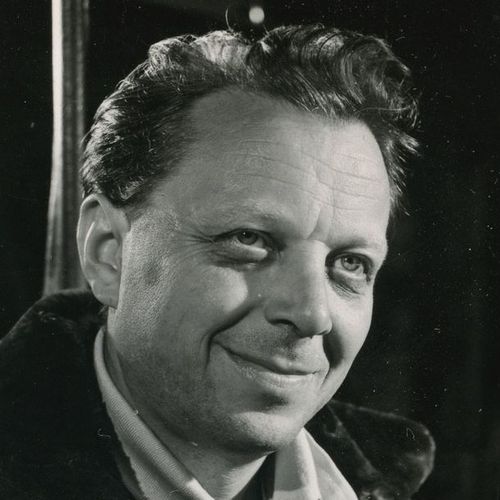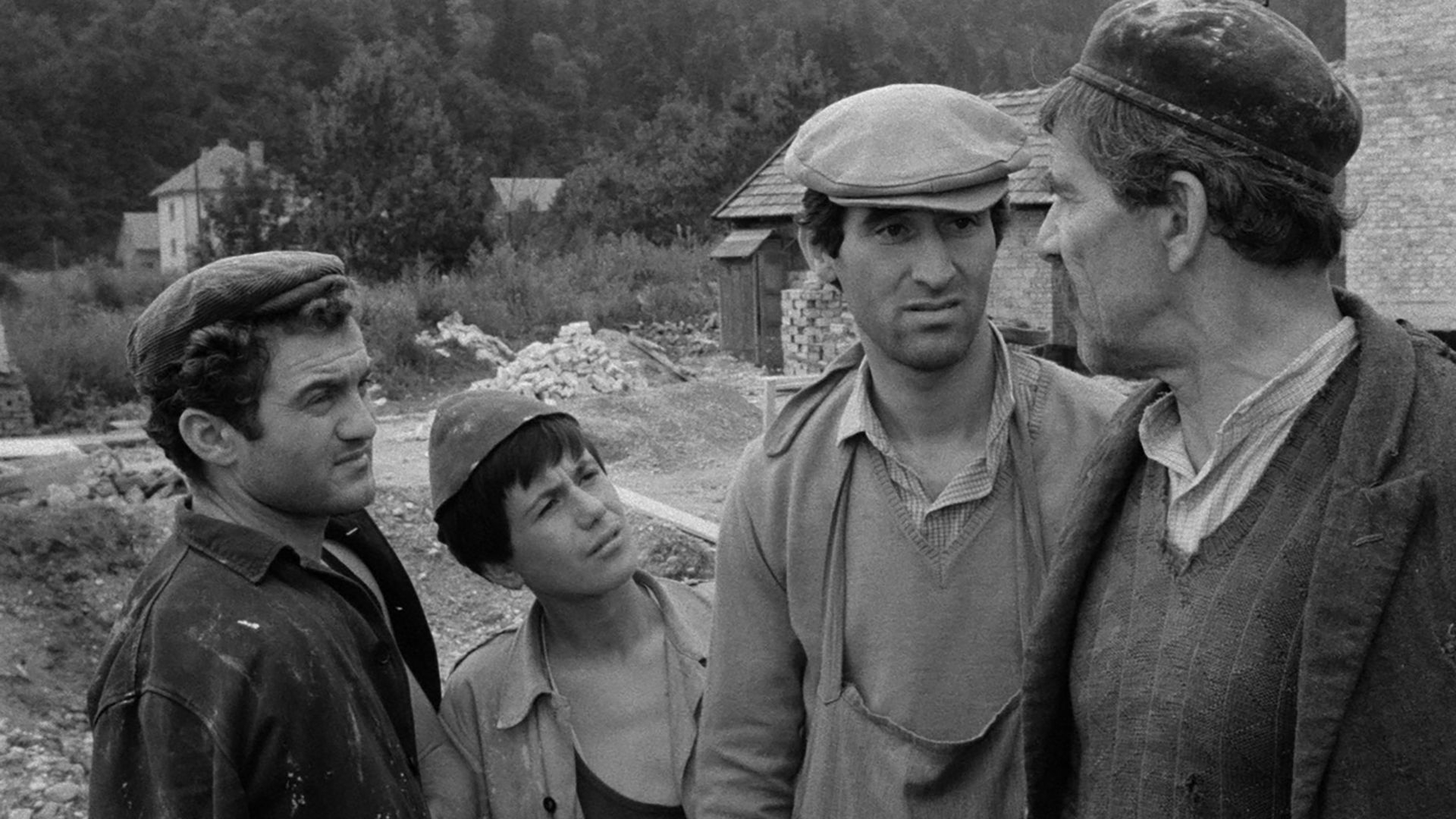Don't Come Back by the Same Way
Poor seasonal workers from Bosnia go to Slovenia in search of prosperity, only to find alcoholism, hostile locals, and money problems.
Charismatic Abdul meets a beautiful Slovenian woman with whom he hopes to start a new life. Abdul’s hot-blooded best friend Macor dreams of marrying his fiancée but keeps getting into trouble. They are part of a community of outsiders trying to build a better life far from home.
Directed by the talented Slovenian playwright and TV and film director Jože Babič, “Do Not Come Back Along the Same Road” is a powerful portrait of a specific time and place, reflecting the true meaning of work in a society dominated by self-interest. Babič continually displayed social and existential issues in the harsh reality and in 1995, he was awarded Slovenia’s most prestigious film prize, the Metod Badjura, for his life’s work.
Kati Vuks

Jože Babič (1917) died in 1996. After World War II, he directed plays at all Slovene drama theatres and contributed a great deal to the cinema- beginning in 1959. He made six features treating topical existential and social issues in a style of harsh realism. “Three Quarter of the Sun” (1959), and “The Feast” (1960) hold good as one of the predecessors of “new Yugoslav film”. After ""The Feast"" Babič made two films in other Yugoslav republics, “Collision on the Parallels” (1961) in Croatia and “Conflict” (1963) in Bosnia and Herzegovina. Back in Slovenia, he made only two films: “Don’t Come Back by the Same Way” (1965) and “The Last Stop” (1971). Babič was also an active TV director with a long list of works for TV Ljubljana. In 1995 he received the Metod Badjura Life Achievement Award, the most honourable film award in Slovenia.
Filmography:
valik/selected: Tri cetrtine sonca (Three Quarter of the Sun”, 1959), Veselica (The Feast, 1960), Sudar na paralelama (Collision on the Parallels, 1961), Po isti poti se ne vracaj (Don’t come back by the Same Way, 1965), Poslednja postaja (The Last Stop, 1971)

